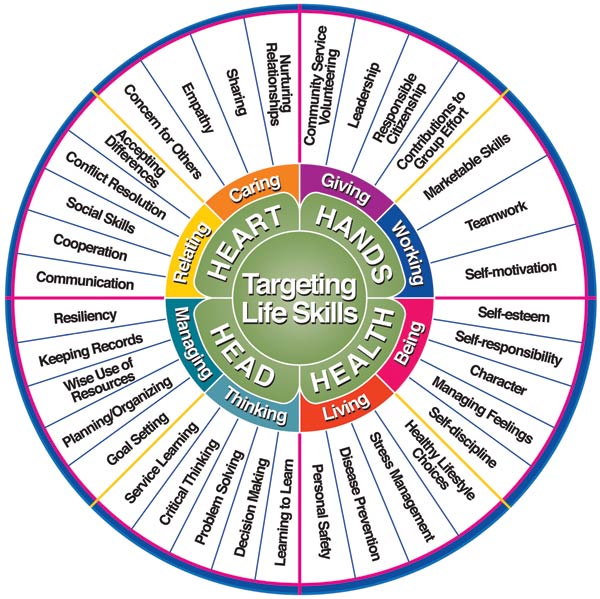4-H Has Heart
go.ncsu.edu/readext?593254
en Español / em Português
El inglés es el idioma de control de esta página. En la medida en que haya algún conflicto entre la traducción al inglés y la traducción, el inglés prevalece.
Al hacer clic en el enlace de traducción se activa un servicio de traducción gratuito para convertir la página al español. Al igual que con cualquier traducción por Internet, la conversión no es sensible al contexto y puede que no traduzca el texto en su significado original. NC State Extension no garantiza la exactitud del texto traducido. Por favor, tenga en cuenta que algunas aplicaciones y/o servicios pueden no funcionar como se espera cuando se traducen.
Português
Inglês é o idioma de controle desta página. Na medida que haja algum conflito entre o texto original em Inglês e a tradução, o Inglês prevalece.
Ao clicar no link de tradução, um serviço gratuito de tradução será ativado para converter a página para o Português. Como em qualquer tradução pela internet, a conversão não é sensivel ao contexto e pode não ocorrer a tradução para o significado orginal. O serviço de Extensão da Carolina do Norte (NC State Extension) não garante a exatidão do texto traduzido. Por favor, observe que algumas funções ou serviços podem não funcionar como esperado após a tradução.
English
English is the controlling language of this page. To the extent there is any conflict between the English text and the translation, English controls.
Clicking on the translation link activates a free translation service to convert the page to Spanish. As with any Internet translation, the conversion is not context-sensitive and may not translate the text to its original meaning. NC State Extension does not guarantee the accuracy of the translated text. Please note that some applications and/or services may not function as expected when translated.
Collapse ▲Empathy. Concern for Others. Sharing. Nurturing Relationships. These are all qualities that we hope our youth learn throughout their life. In 4-H we are focused on helping youth develop those and many other skills. When youth participate in 4-H programs they have opportunities to develop all of these skills. Below we highlight a couple of ways you can help to develop these heart skills at home and have fun in the process.
Family Rituals
Family is where youth learn a great deal about developing relationships and communication. Developing family rituals allows for youth to have structure and predictability which can lead to increased communication, resiliency, and coping skills (Silliman, 2001). These do not have to be lavish activities but can include a regular morning routine, sitting down together for dinner, or game nights. Try to find and create regular time in your family’s schedule to communicate and have fun together. Read more about developing healthy family rituals.
Volunteering in the community is a great way for youth to develop empathy, concern for others and caring. Youth can volunteer for a community service project or the whole family can join in. Helping the community can take many forms but it always allows for youth to think about others and their needs and see how their work can help others and their community. From food drives to litter pick-up to time spent at a nursing home, volunteering is a great way for youth to think beyond themselves and develop greater empathy. Additionally, youth who participate in volunteering report less destructive behavior, greater work ethic and better school results (Latham, 2003).
Working on a Project with Siblings and Family Members
Working towards a common goal through a long-term project is a great way for youth to develop effective communication skills. Encourage youth to work with their siblings on a larger project such as designing and building a fort for the backyard, making an art book or cooking together. To complete these projects youth will need to effectively communicate throughout the process. Join in as well and help to model conflict resolution and patience whenever necessary. Though it can be difficult in the beginning, working as a part of a team is a valuable skill that they will use for the rest of their lives.
Journaling
A simple way to help to encourage youth to develop their communication skills is through journaling. Journaling can allow youth to work through difficult feelings in the safe environment of their private journal. It helps youth to develop coping skills as they process events in their lives and reflect on what is happening around them. Journaling can take many forms with writing, doodling, poetry, cartoons and more. Encourage youth to reflect on events and their lives through their journal. You can also help to supply prompts to get youth thinking such as encouraging them to write down how they would describe themselves (Pike, 2001). For more information on journaling with youth check out this resource.
For more information on 4-H programs contact the N.C. Cooperative Extension, Camden County Center at 252-331-7630 or email Ali_Huber@ncsu.edu.
NC State University and N.C. A&T State University commit themselves to positive action to secure equal opportunity regardless of race, color, national origin, religion, political beliefs, family and marital status, sex, age, veteran status, sexual identity, genetic information or disability. NC State, N.C. A&T, U.S. Department of Agriculture, and local governments cooperating.
Resources:
Latham, M., University of Nevada Cooperative Extension (2003). Young Volunteers: The Benefits of Community Service.
Pike, L. B. University of Missouri Cooperative Extension (2001, November). Journaling With Teens.
Silliman, B., University of Wyoming Cooperative Extension Services. (2001, April). Family Rituals that Build Strength.





